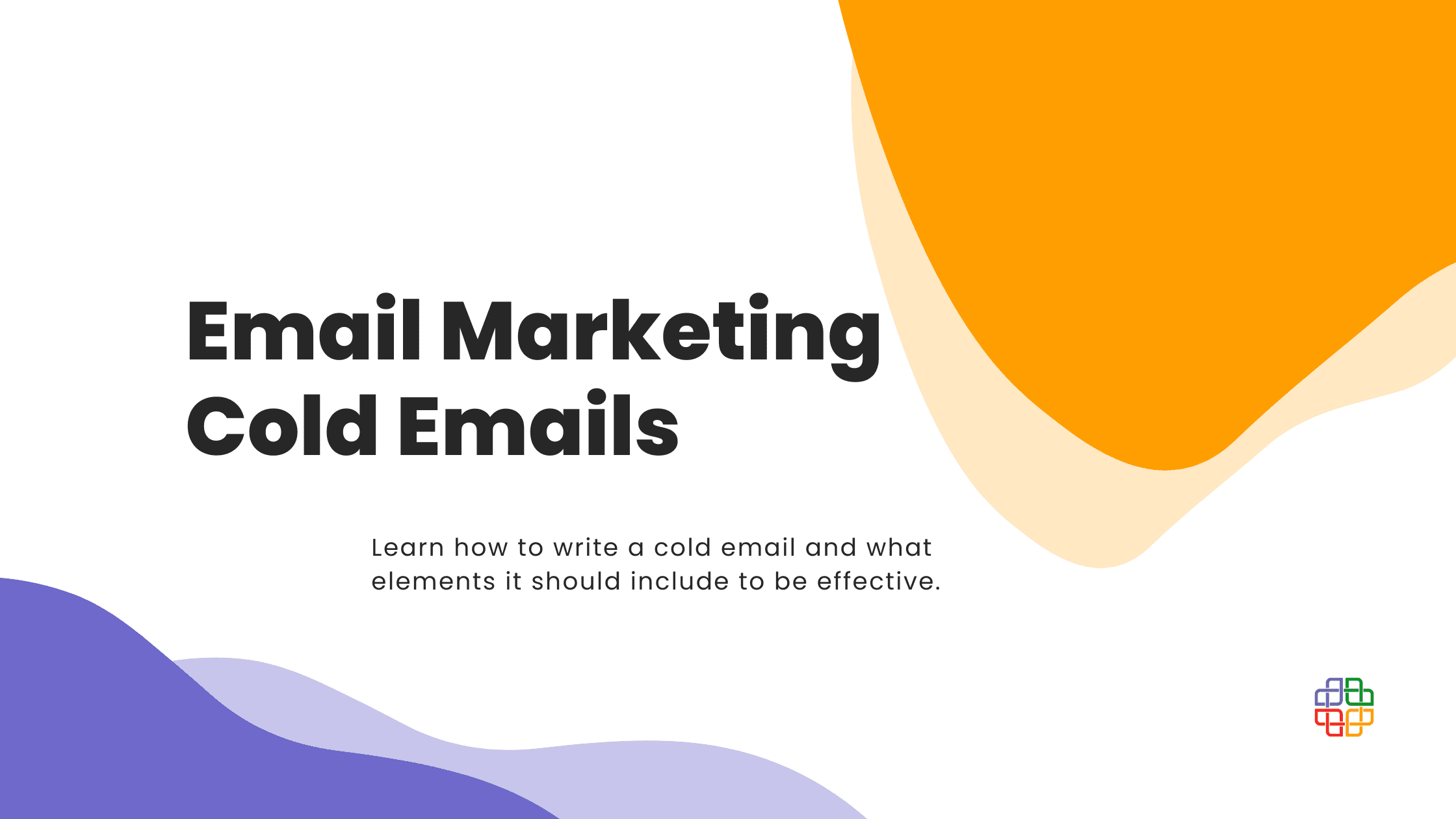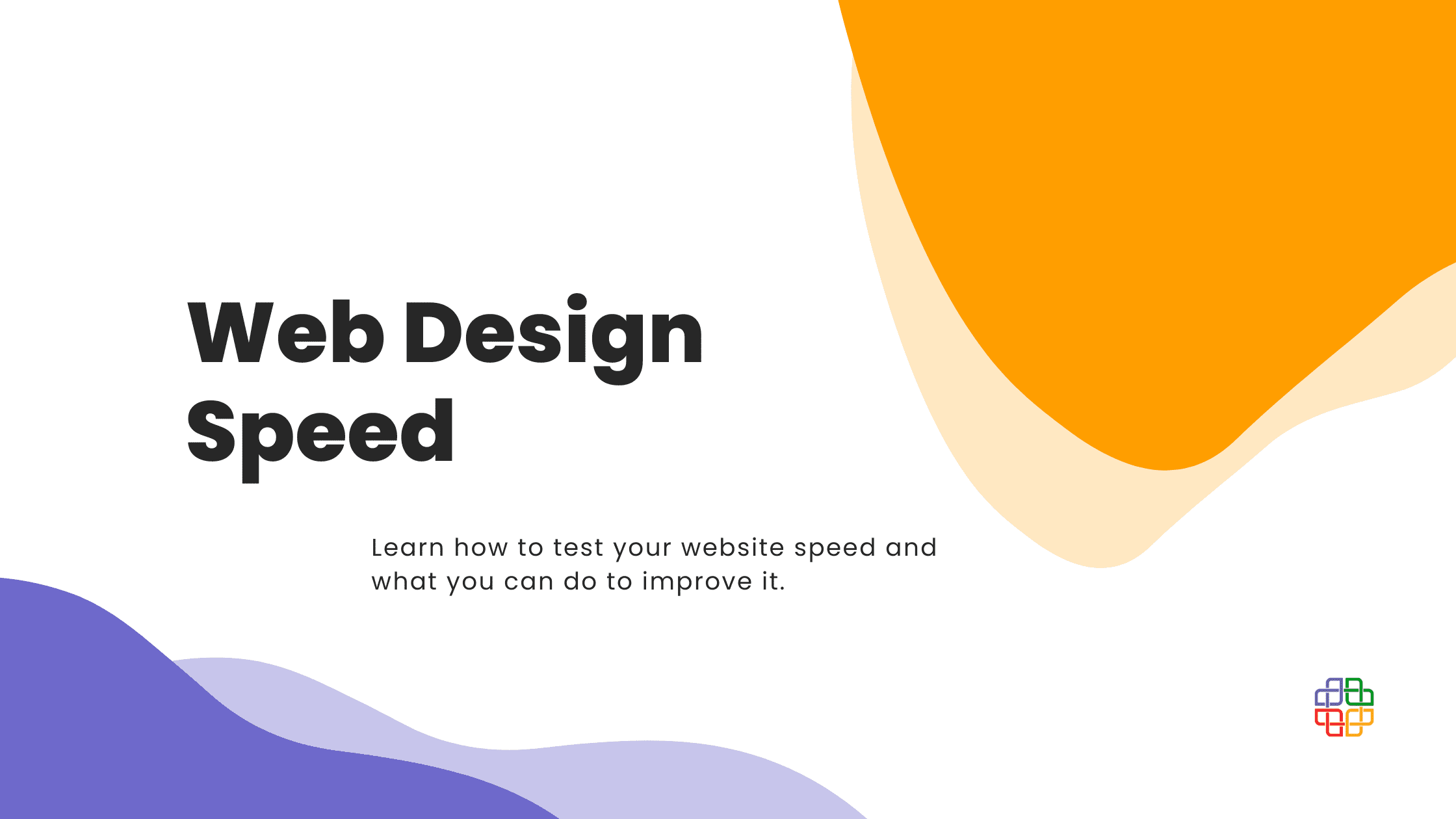This year in Munich (Germany) was organized Google’s Mentor Summit in which took part in Developers from OpenMRS. It was their first time in worldwide meeting like this and it was more amazing because they are from Uganda. Every year mentors, organization’s admins and open-source teams from Google Summer of Code program meet to discuss their projects, show their work, share experience and encourage others to start their journey in coding. Also, this years’ summit was special because it was the 15th anniversary of GSoC. To celebrate this, the meeting was moved from California and the main headquarter of Google to Munich.
Google Summer of Code is a global program focused on bringing more student developers into open source software development. Students work with an open-source organization on a 3-month programming project during their summer break. Young programmist can apply to the program but only 20-25% of them finally are selected and can be in the project, write code, gather experience and get paid. It is a prestigious program for students from the whole world and many from them continue their work after holidays.
In the GSoC’s event attended 318 delegates from 42 countries and the event was held for 3.5 days. Our representatives- Juliet and Irene had an occasion to lead GSoC groups last years. Now girls had an opportunity to meet with mentors from other organizations. They could also visit the greatest and the most popular monuments in Munich.
We ask Irene and Juliet a few questions about their feelings after the event. They describe their expectations, surprises and how it changed their work and lives. W really invite you to read this little interview.
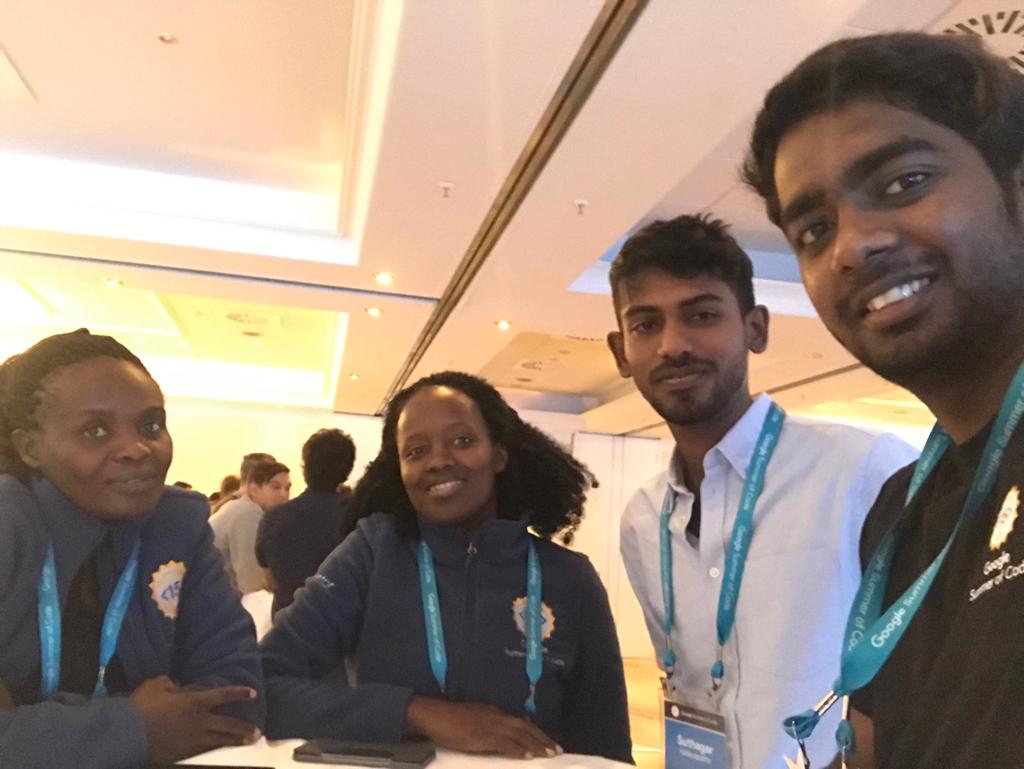
For how long have you been in the OpenMRS community (a member of OpenMRS)?
Juliet: On 24 October 2019. I made 3years in Openmrs community, though my active participation is 1year and a half years.
Irene: I joined OpenMRS on 5th December 2016 so that’s about 3 years now.
Do you have any active project right now? If yes, what is that?
Juliet: Apparently, I don’t have though its something I am contemplating on besides that I volunteer as a Documentation lead, Help desk support level 1, a guide to newcomers and striving hard to be a Dev 2.
Irene: I don’t directly have an active project I’m leading. I am a mentor for GCI 2019 and also on the documentation team. They’re planning on how to take further this task after the Technical writers. Currently, I’m also participating in a sprint to test the Reference Application 2.10-SNAPSHOT UI.
How do you get for the event? I know that it’s not easy and invitations are an alike reward. What conditions did you have to meet to get to this event?
Juliet: I got to this event through participating in GCI as a mentor in 2018 and GSoC 2019 as a backup mentor to Stephen Musoke under the project: Boostrap as a foundation for Reference Application UI Project. The conditions I met were being a mentor and also contributing to the community activities.
Irene: First of all, I was a co-admin for GSoC 2019. When I was not chosen by OpenMRS to be among the two GSoC mentors required, I applied to Google to be on the Wait-list. Then I got selected to attend the Summit.
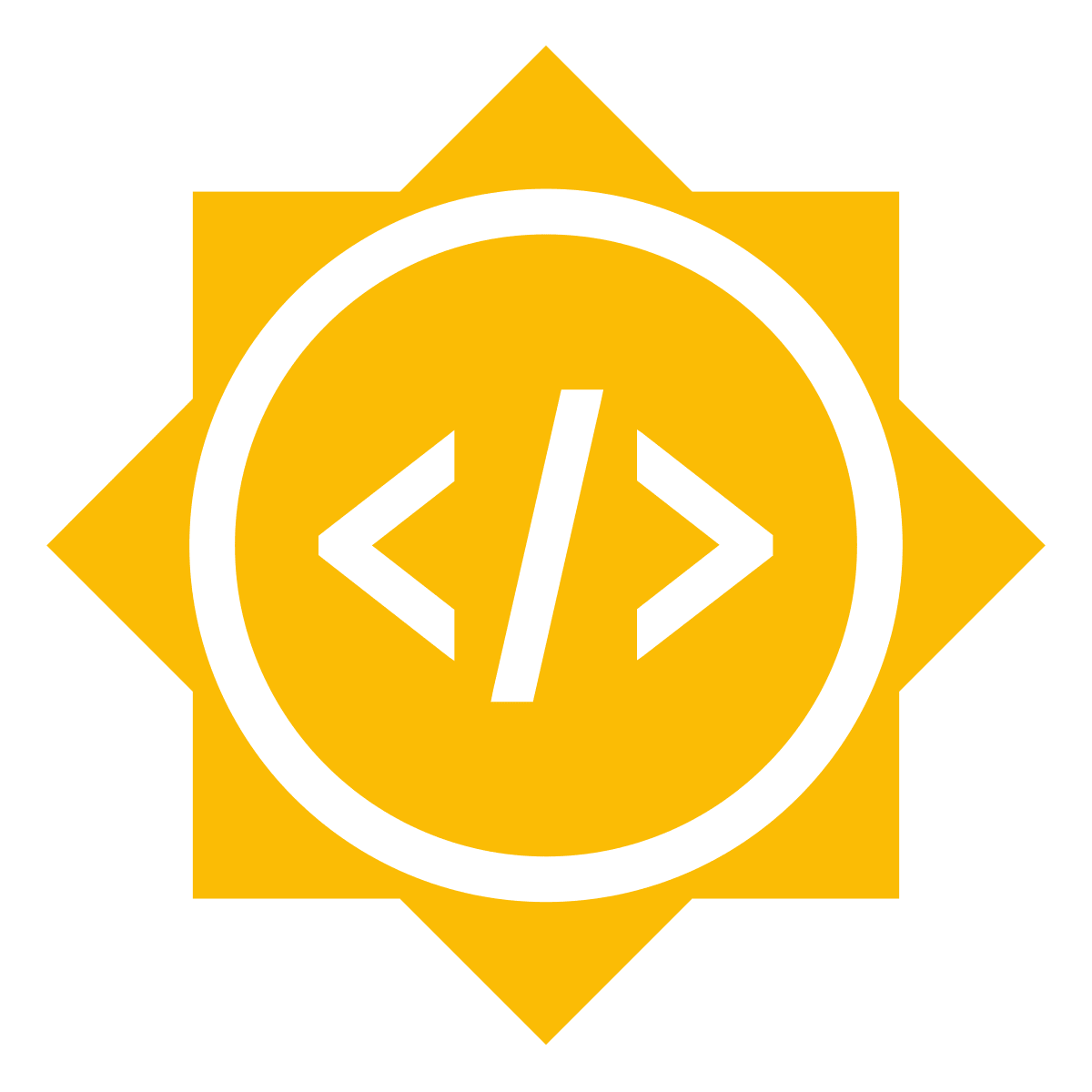
What are your feelings about the whole event? What was new for you?
Juliet: It’s a new chapter in my life which has encouraged me to be more aggressive. It has boosted my self-esteem something I have struggled with for many years. I feel if others can do it, then I can do it the only difference is to do it in a better way.
Irene: It was such an experience for me to meet with the whole world of open-source Organization representatives who participated in this year’s GSoC. Some were Admins and other mentors. I was so excited but at the same time, I had mixed feelings about the fact that there were only 3 blacks among all the 318 delegates that attended the summit. Many things were new to me. Especially the different amazing projects that various organizations were doing. However, what I can mention is that I discovered that it was a culture for every attendee to carry to the summit the best or worst chocolate made in their country.
What was most surprised in Munich, Germany, at the event or during the whole trip? What was your biggest surprise?
Juliet: I was surprised, I am still surprised. People who know my past are surprised I attended the Google Summer of Code this year. Through my socialization process, I learned all those people whom I admired had a bad experience in their past of which some we share. Despite this, they choose the past not to determine their destiny. They have chosen to make a change in their Organization. They own their communities at heart something I embraced in my whole trip. When it comes to OpenMRS, I can do anything with the little knowledge I have to change its face for the best.
Irene: My biggest surprise was that Germany has kept her heritage/history for over 340 years at the Nymphenburg Palace. It was amazing the whole structure looks like it was built in the 20th century.
At the event, I was surprised that many organizations were talking about how to involve women is Software development companies/Organizations. This has been our cry and drives in the OpenMRS community. I realized that the whole world of Software is suffering from the same disease.

What did you like the most in the event and trip? What would you like to repeat?
Juliet: Interaction sessions. I really enjoyed learning from other mentors how their journey in software development has not been easy. Rather through patience, they have been able to register some successes in the organization and are striving for greater heights.
Irene: At the event, I liked the idea of the unconference sessions. It takes you off the routine of office work and conference schedules. In these sessions, a lot can be accomplished in the shortest time because many sessions happen at the same time. Given that a few people may attend a session. It means that those are the most interested and therefore there’s a lot of sharing constructive ideas in such sessions.
For the trip part, I liked the fact that Google took us for a tour to the castles / Scavenger hunt depending on each person’s choice. It also purchased for everyone a one day ticket to take a ride (s) in the city of Munich. This was awesome and I made sure I toured the city by bus and train.

Which other organization’s presentation did you remember the most?
Juliet: “How to get more women* interested in FOSS”; as first points trying to detect the point of origin that is a stopper for non-male genders to participate, not only in FOSS, stoppers like family, society, cultures, laws etc. and how we can deal with the problem. One of the mentors brought a Mexican (girl) doll to the summit and during the lightning talks, he left her on the stage making the OSGeo presentation: “a woman on all lightning talks”. That didn’t stop there: on the second session, the Google organizer of the lightning talks asked him to place the doll on stage again. This made me believe nothing can stop a girl child to do what men can do.
Irene: It was not an organization per se. It was a brainstorming session on how to get more women interested in FOSS and these are some of the ideas.
– Do outreach and encourage especially women to come on board
– Celebrate the contributions they make however small they may be. In our community, we can use the OpenMRS ID to tag them.
– Have an explicit code-of-conduct, contributor agreement. Make it clear that it’s safe to contribute.
– Pay attention to quieter contributors as it is easy to get talked over by those with lots of ego in the community.
– Have collaboration with other women open-source organizations they don’t feel they are alone.
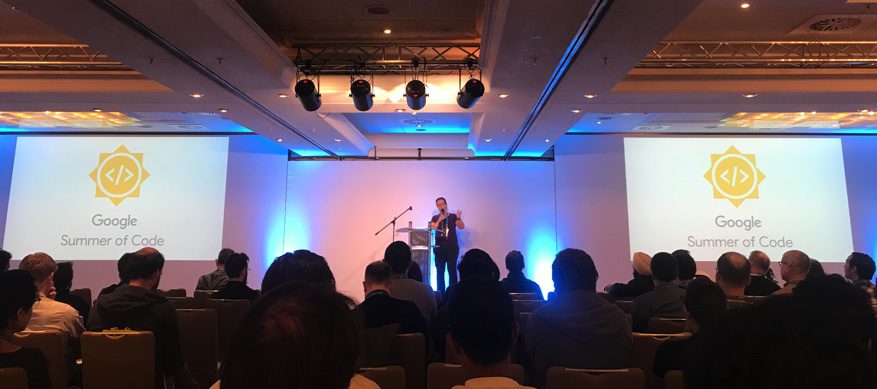
What OpenMRS can learn from other organization after this event?
Juliet:
- To make a follow up on students who have been rejected but had great proposals. By doing this it will encourage them to stay in the community.
- Send a certificate or T-shirt to students in appreciation for their work is done and also picking interest in the OpenMRS community.
- Help with recommendation letters when the need arises by doing this they own the Organization at heart.
- Having strategies to recruit new members in the community and also empowering new ones through having boot camps, Hackathons, fellowships and outreaches.
- Having calls/meetings once a week to discuss the organization’s projects to help the community members to understands its projects well.
- To start looking for GSoC, GCI and GSoD students early enough by sharing the word using social platforms. By doing this, Student who starts contributing earlier than September-October, they learn more before GSoC application period. And those have good proposals than people outside the program with more technical knowledge…
Irene: In OpenMRS we have few women who are actively involved with software development. So, from the points above, I believe we can pick a leaf and implement where possible.
What did you learn and how will you use your knowledge in the future?
Juliet: I learned as a mentor, It’s okay not to be a super-coder but it’s important to be social and motivating. That plays a big role during the bonding period for it predicts the success of the project. So the earlier the better. To retain this student in the community, I learned I should continue even after the GSoC. It’s something am already practising with Ayesh. I feel happy because he’s one of the most active students after GSoC 2019.
Irene: I am not biased towards women alone. I want to use the points that were gathered on getting women involved in FOOS to encourage my fellow women here to focus on this road. Many have started to wake up so I want to add a spark and ignite their energies to start contributing to Open Source Software development.
What advice would you give to people wanting to try their hand at OpenMRS?
Juliet: To handle public negative feedback gracefully and understand the reason for the review while contributing positively to the organization goal.
Irene: OpenMRS is a very good place to be I can testify. When I joined, I knew nothing about software development but one OpenMRS person took it upon himself to mentor me in this journey. Since then I have had so many community members guide and encourage me and I have never regretted. To people who want to try OpenMRS, I would advise them to start now and focus on learning how it works. They should also be patient and not money minded. Rather than aim at accomplishing a small task at a time until they can do bigger ones. They should also reach out for help if they need too and ask any question they wish too. Because the OpenMRS community is a friendly and nurturing community.
How would you encourage others to join the community?
Juliet: I have made connections and still making through the boot camps I attended. Andela fellowship and social media especially WhatsApp which has encouraged some to reach me after watching my Andela youtube interview.
Speaking to people face to face this has helped me in convincing them to participate in our community activities. For ladies, I have shared with them how Open source is good. It gives the flexibility to work remotely-easier for women to take maternity leave. To understand more about OpenMRS, we meet every Monday for 2hours for bonding purposes. Also, Daniel Kayiwa has been supportive by referring the ladies to me.
I have approached some parents and shared with them the benefits of focusing on their children’s career development. Which are between 10-12 years, as per research people lose or gain interest between this age. Instead of playing games on phones at least to learn computer basics. I have taken an initiative to meet these children end of December and we discuss the way forward in preparation for the next year’s GCI.
Lastly, because of the set back I faced in my campus life, I have been invited to different congregations. For example University, churches and UgandaEMR hackathons to speak about my career journey in OpenMRS. Through this story, I have seen several members from Uganda joining the Organization and I promise to do much more.
Irene: I can say I am already doing this. However, I would still use face-to-face with those I know, Send invitation emails and also use different channels to reach out to my friends. I also share my experience with OpenMRS and the opportunities it has given me to attend the different conferences/ summit.

Something funny that happened in Munich from Irene
While we had gone to visit the Nymphenburg palace, we found an elderly lady joking but taking baby steps, so she stopped and asked, “Halo young ladies how are you? Which country are you coming from?” So I told her “Uganda”. Then she said, “ooh, is that the country with a very cruel President?” I became more curious so I inquired, “Which president?”. Then to my surprise, she said “Idd Amin”.
I didn’t know whether to laugh or cry. But anyway, I told her that Idd Amin had died a long time ago and now we have a different president! I sensed the relief in her eyes. I was so surprised that this lady still thought of a way long gone person like him, Maybe his rule was noised in the entire world.
These girls are awesome with their desire to change a world and show women in the IT industry. Although somebody could say what they can do… A lot of. As you can see, they are working in the digital and local community trying to encourage more girls into different projects. They are like our heroes and I know that we will hear about them one more time… Their work you can track at OpenMRS.com site.


